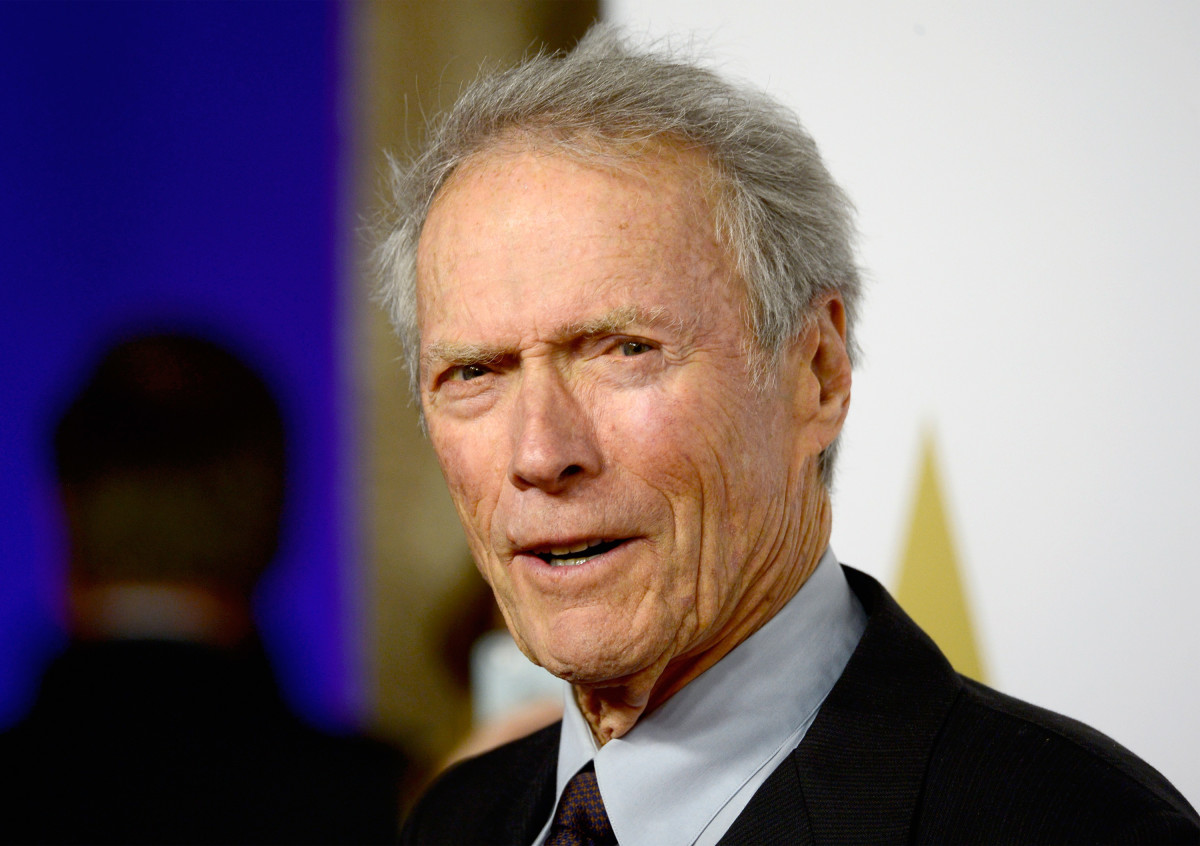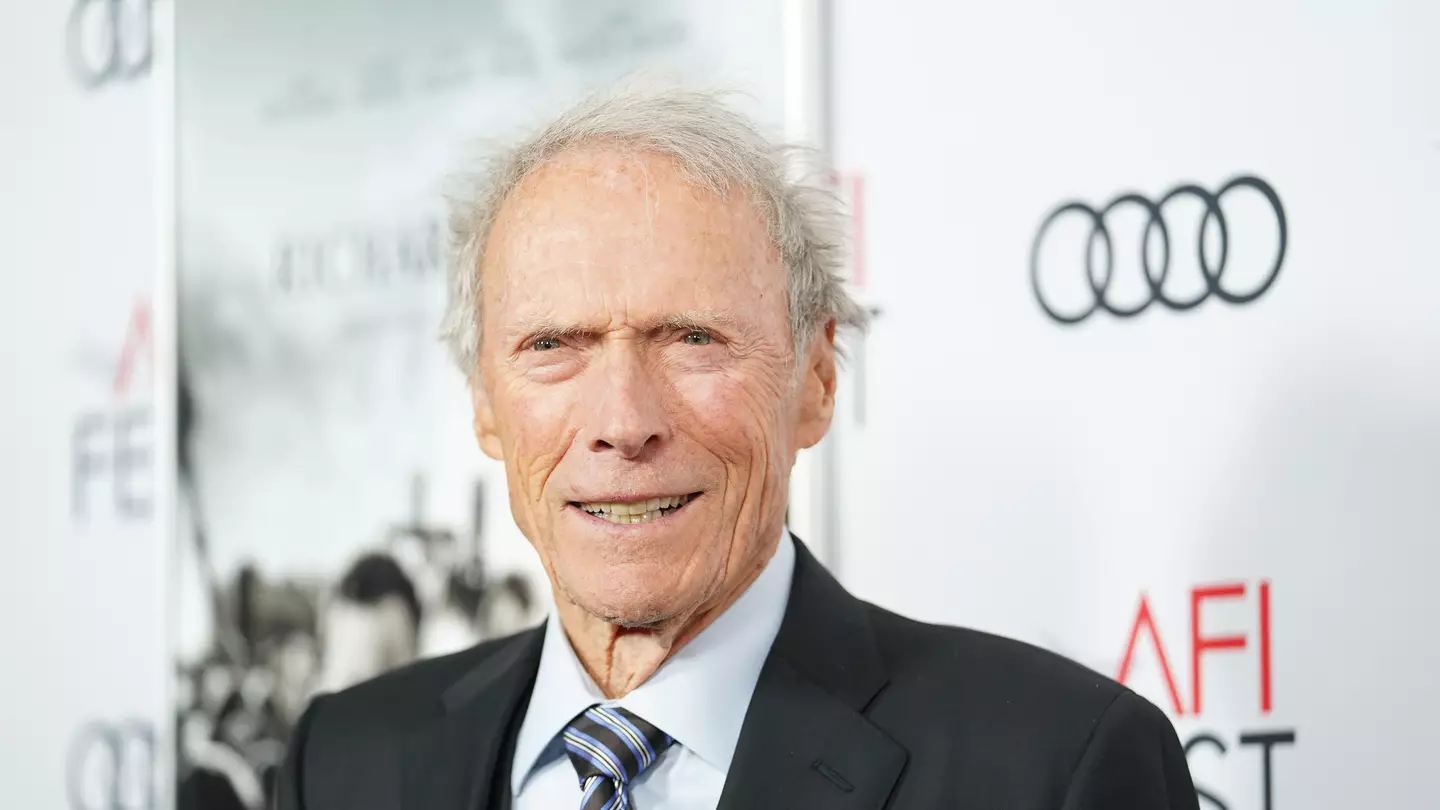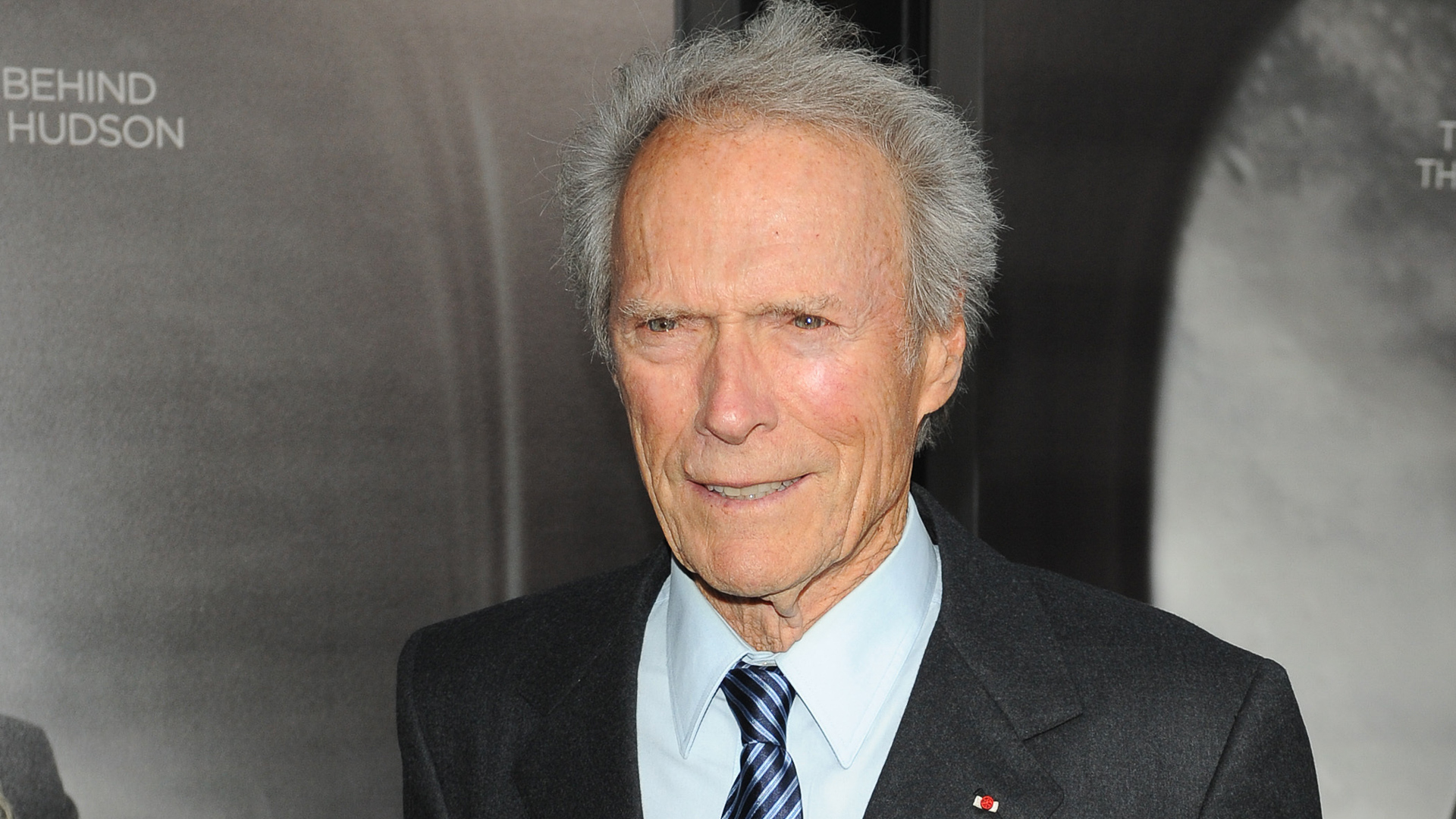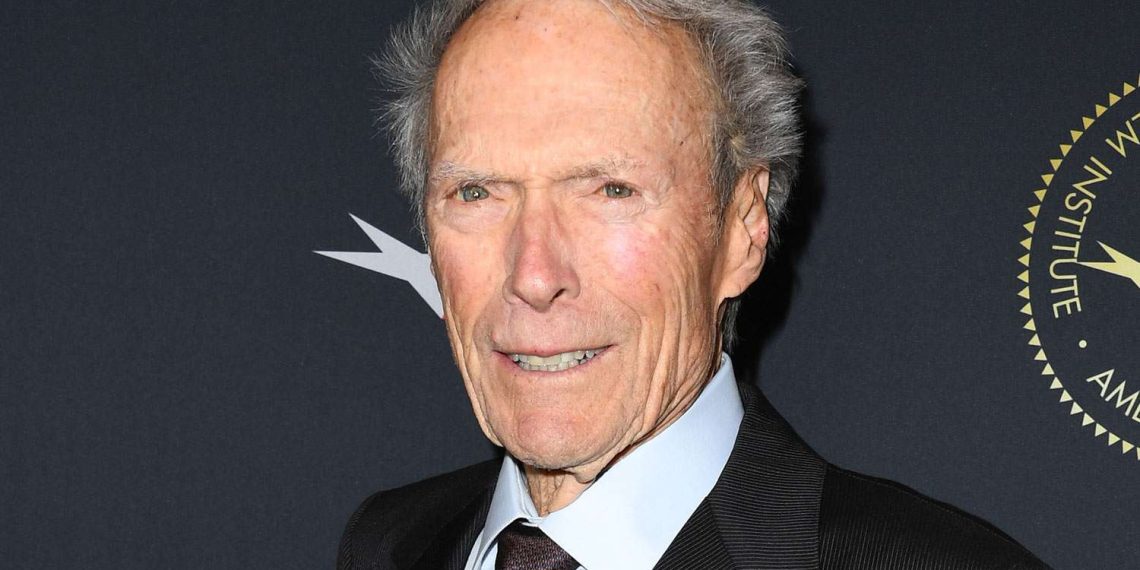Clint Eastwood is a multifaceted American figure, known for his work as an actor, director, producer, and politician. His net worth is a substantial $375 million. His career began in the 1960s with his portrayal of the iconic “Man with No Name” in the “Dollars Trilogy,” directed by Sergio Leone. These spaghetti westerns became legendary, establishing Eastwood’s reputation as a star. His enduring role as the tough, silent hero continued in other famous works, such as “Hang ‘Em High” (1968) and “Dirty Harry” (1971), where he played the grizzled detective, Harry Callahan.
Throughout the 1970s and 1980s, Eastwood cemented his legacy as a Hollywood A-lister, starring in numerous successful films like “The Outlaw Josey Wales” (1976), “Every Which Way But Loose” (1978), and “Sudden Impact” (1983). He ventured into directing, and helming movies such as “Play Misty for Me” (1971), marking the beginning of his successful career behind the camera. In 1992, his film “Unforgiven” earned him four Academy Awards, including Best Director and Best Picture, while continuing to build his reputation. Eastwood’s impact on cinema remained strong through the 1990s and 2000s with titles like “The Bridges of Madison County” (1995), “Mystic River” (2003), and “Million Dollar Baby” (2004), the latter earning him a second Academy Award for Best Director.
Eastwood also forged deep personal and professional connections with Monterey Bay and Carmel, California, where he was once mayor from 1986 to 1988. His link to the area began in the 1950s when he was stationed at Fort Ord as a soldier. Eastwood returned in the 1970s to film his directorial debut, “Play Misty for Me,” and later, his production company “Malpaso” was named after a local creek.

Salary Milestones in His Career
Clint Eastwood’s career has seen impressive financial earnings over the years. His salary for “Hang ‘Em High” (1968) was $400,000, in addition to 25% of the film’s net box office earnings. In the same year, he was offered $1 million for “Coogan’s Bluff,” more than doubling his previous salary. He also received $750,000 for his role in the 1968 film “Where Eagles Dare.” Eastwood earned a substantial $12 million for his work in “Every Which Way But Loose” and $5 million for his role in “City Heat” (1984). In 1993, he earned $7 million for his performance in “In the Line of Fire.”
Impressive Real Estate Portfolio
Eastwood has amassed an impressive collection of real estate, particularly in California. His primary residence is a 15,000-square-foot estate in Carmel-by-the-Sea, which cost $20 million to build. He also owns a 6,136-square-foot home in Bel Air, as well as a 1,067-acre ranch in Burney known as the Rising River Ranch. Additionally, Eastwood owns oceanfront property in Maui and a 5,700-square-foot house in Sun Valley, Idaho. His commercial properties, many of which are located in Carmel, have also added to his wealth. Notably, he has donated several large properties to local nature preserves.
In 1994, Eastwood purchased a 5-acre property in Pebble Beach for $3.9 million. This property, “Hacienda Este Madera,” was later sold for $7 million in 2018, after being listed for $9.75 million in 2017. His success in real estate investments mirrors his savvy business sense, further solidifying his wealth.
Teháma: A Unique Development
In the early 1980s, Clint Eastwood acquired a 500-acre undeveloped property in the hills above Carmel. Over time, he expanded his holdings to create a vast 2,040-acre estate. Eastwood envisioned developing this land into an exclusive private community, which would also serve as a nature preserve. This vision culminated in the creation of Teháma, a sustainable private community and country club.

The property includes 90 home sites on 300 acres, with over 85% of the land preserved for nature. The golf course, designed by architect Jay Morrish, opened in 1999. Membership in the club is by invitation only, maintaining the community’s exclusivity. Original home sites ranged in price from $1.5 million to $6.25 million, with larger plots offering expansive ocean views. Eastwood’s personal residence, a 16,000-square-foot mansion, occupies a prime 14-acre lot. If ever sold, it could easily fetch $15-20 million.
Pebble Beach Golf Links Investment
Clint Eastwood made a major real estate investment in the late 1990s when he joined an investment group to acquire Pebble Beach Golf Links. The golf course, put up for sale by Japanese company Lone Cypress, was purchased for $820 million in 1999, with Eastwood, Peter Ueberroth, and Richard Ferris each contributing $20 million. Their investment group attracted 132 private minority investors, including golf legend Arnold Palmer. This deal, though lower than rival offers, was accepted because of the quick closing offer and Eastwood’s popularity in Japan at the time. The investment’s value tripled over the following decades.
Clint Eastwood’s Early Life
Born on May 31, 1930, in San Francisco, Clint Eastwood weighed a hefty 11 pounds, 6 ounces at birth, earning him the nickname “Samson.” His family moved frequently in the 1930s due to his father’s job. Eventually, they settled in an affluent area of Piedmont, California. The Eastwood family lived a comfortable life, enjoying a country club membership and a swimming pool. However, Clint struggled academically, being held back in middle school and later expelled from Piedmont High School for various disciplinary issues. He transferred to Oakland Technical High School before working a variety of jobs after graduation, including as a lifeguard and grocery clerk. Eastwood was drafted into the Army during the Korean War and worked as a lifeguard at Fort Ord in Northern California.
Breakthrough in Hollywood
While serving in the Army, Eastwood had a fortunate encounter with Chuck Hill, who introduced him to key contacts in the entertainment industry. One of these was cinematographer Irvine Glassberg, who introduced him to director Arthur Libin. Libin, impressed with Eastwood’s appearance, recommended he take acting lessons. Eastwood followed this advice, leading to auditions and, eventually, his first acting role in “Revenge of the Creature.” His big break came with the television series “Rawhide” (1959), which ran for six seasons and solidified his status as a rising star.

In 1964, Eastwood was cast as the “Man with No Name” in Sergio Leone’s “A Fistful of Dollars,” launching his career in the Western genre. The success of this role led to two sequels, “For a Few Dollars More” and “The Good, the Bad, and the Ugly,” reinforcing his status as a Western hero. He later expanded his range, starring in films such as “Dirty Harry” (1971), which became a classic despite the controversy surrounding its portrayal of law enforcement and minority communities.
Directorial Success
Eastwood made his directorial debut with “Play Misty for Me” (1971), a psychological thriller that garnered critical praise. This marked the beginning of a highly successful second career as a director. Eastwood’s directorial achievements culminated in two Academy Awards for Best Director and Best Picture, earned for “Unforgiven” (1992) and “Million Dollar Baby” (2004). His other directorial successes include “Mystic River” (2003), “Letter from Iwo Jima” (2006), and “American Sniper” (2014). Eastwood has also directed five actors to Academy Award wins, further cementing his place as one of Hollywood’s most respected filmmakers.
Personal Life
Clint Eastwood’s personal life has been marked by a series of relationships and marriages. He married Maggie Johnson in 1953, and the couple had two children before divorcing in 1984. During this marriage, Eastwood had an affair that resulted in a child, and he also had a long-term relationship with actress Sondra Locke. Eastwood fathered children with flight attendant Jacelyn Reeves and actress Frances Fisher. In 1996, Eastwood married news anchor Dina Ruiz, and they had one daughter before divorcing in 2013. Eastwood has been seen with Christina Sandera since 2014, though neither have confirmed a romance.
Clint Eastwood’s remarkable career in film, business, and politics has not only built him a massive fortune but has also made him an enduring icon in American culture.





